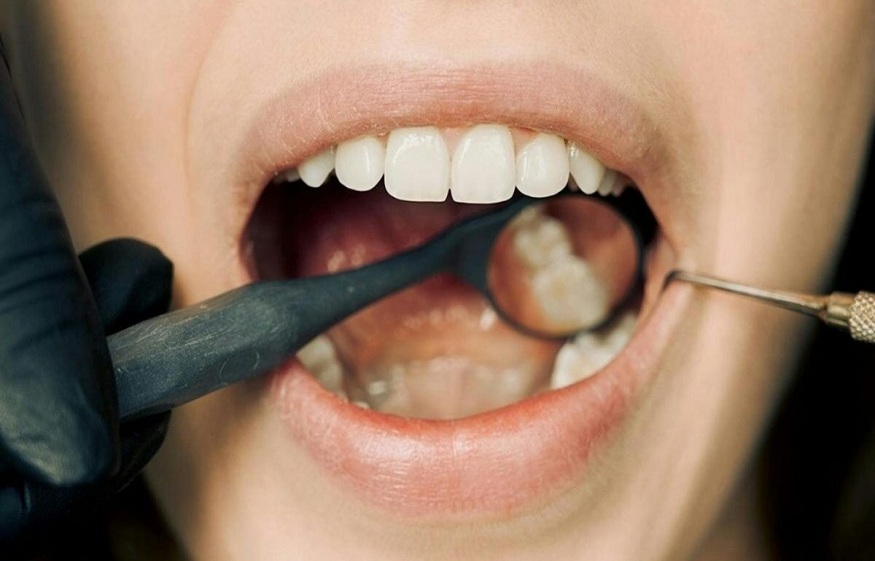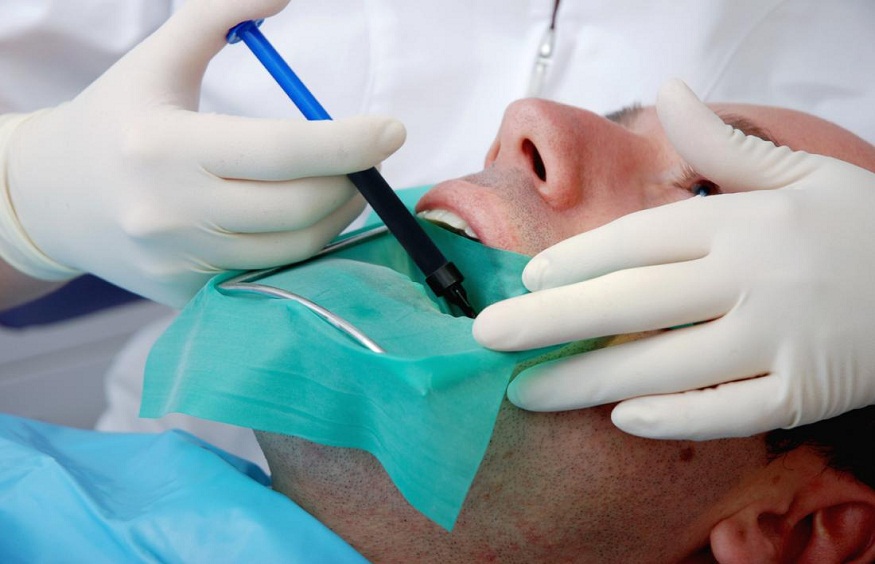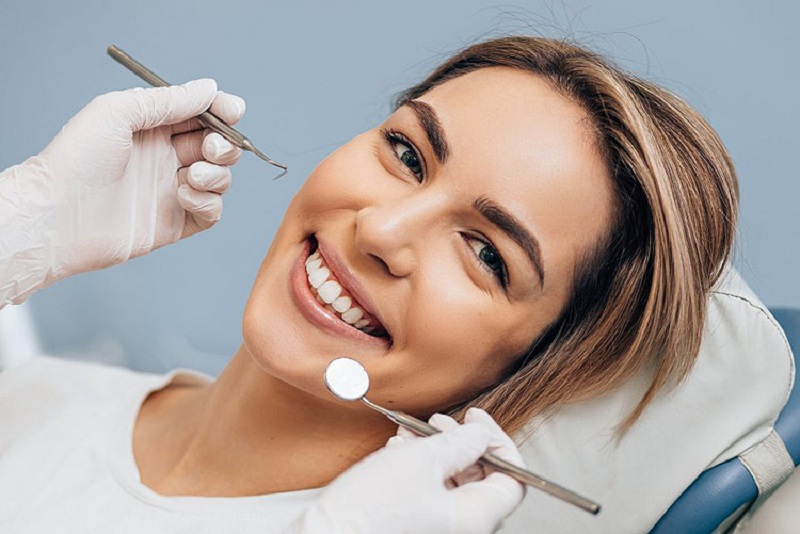Mouth ulcers are small and distressing sores inside the mouth, which can be more than just an irritation. Knowing what troubles, how long they survive, and when they demonstrate a complex issue is vital. This information can help you cope with the discomfort and guide you on when to seek a professional dentist in Westwood, NJ.
Several things, including minimal injuries, emotional stressors, and hormonal imbalances, can cause mouth ulcers. Although they go away on their own, others might need treatment. Let’s keep reading if you wonder when to see a dentist to reduce ulcer risks!
Mouth Ulcer: Overview
It’s a sore appearing anywhere inside your mouth, mainly yellow, red, or white, and you might get one or several. You might get mouth ulcers on your tongue, gums, inner cheeks, palate, and inner lips. These ulcers are distressing and can make drinking, eating, and speaking unpleasant. Although they aren’t STIs, they won’t spread from sharing food or kissing. Setting aside the associated pain and distress, mouth ulcers are benign and disappear naturally in a week or two. However, some types of mouth sores might point to underlying health problems, such as autoimmune diseases, viruses, or gastrointestinal issues.
Symptoms and Causes of Mouth Ulcer
They are hassle-free to detect as they appear as sored on your gums, inner cheeks, tongue, and lips. They are usually:
- Gray, white, or yellow in the center.
- Read around the corners.
You might get one ulcer, or there might be more. Some other symptoms might include:
- Heightened soreness while brushing your teeth.
- Swelling surrounding the ulcers.
- Exacerbating pain while eating salty, spicy, or sour food.
How Long Does Mouth Ulcer Last?
They are temporary and heal within one to two weeks without medical intervention. During this phase, they might change shape, commencing as a red bump and gradually creating a white or yellow center. The recovery phase is relatively quicker, but if an ulcer stays for more than three weeks, it’s suggested to talk to a dentist. However, unusually more extensive ulcers are a detrimental sign of complication that needs professional assessment.
When to See A Dentist for Mouth Ulcer Treatment?
Anybody can obtain mouth ulcers. However, you might call your dentist if you have:
- Aching that doesn’t disappear with treatment.
- Mouth sores that last for weeks or longer.
- New sores that appear before the older ones recover.
- Extensive mouth ulcers.
Seeking dental professional assistance for mouth ulcers is required under specific situations. If they are bigger and don’t disappear within three weeks, visiting a dentist would be necessary. Moreover, professional dental advice is vital if the ulcers are causing intense pain, challenges in eating or drinking, or if you deal with high fever or secondary infections.
Your dentist can detect the underlying cause of persistent or intense ulcers and suggest apt treatment, which might consist of medicated ointments, mouthwashes, or oral medications. They may eliminate some complex issues, including oral cancer.
What Questions To Be Asked to Your Dental Professional?
If you obtain frequent or intense mouth ulcers, below are some of the questions to ask a dental professional in Westwood:
- How to reduce your risk?
- Are there any modifications to make to your lifestyle or dietary habits?
- What causes mouth ulcers?
- What mouth ulcer medicine do you suggest?
- Why do I keep getting them?
Conclusion
Although mouth ulcers are mostly benign and self-resolving, knowing their characteristics and when to seek professional guidance is necessary. You may efficiently deal with them by being familiar with the causes, potential complexes, duration, and home care remedies.





